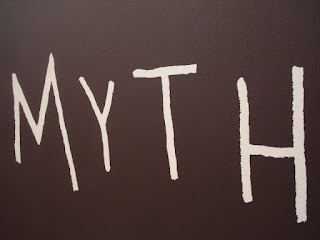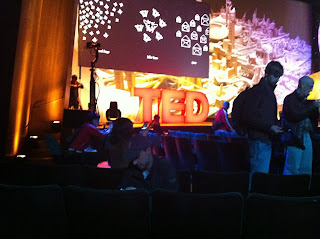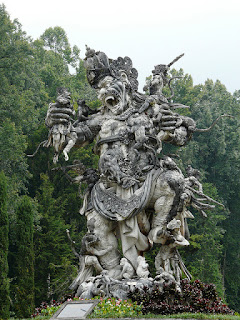Week 6 Lab: Overview of Mythology
(Just a simple picture of the whole theme of this blog.
- What is a Myth?
- This video was about how it is hard to define exactly what a myth is because myths are very complex.
- Characteristics of a myth:
- A myth is a story.
- A myth usually involves a very important topic.
- A myth has survived being passed from generation to generation.
- A myth is usually about the creation of the world as we know it.
- Mythology is basically a huge jumble of theories.
- Theories of Myth
- This video reviewed different people throughout history, who have created a theory on mythology, which are still believed today.
- Here are some of the those theories:
- Plato believed myths were lies, and also said the myths about gods are absolutely unrealistic.
- Euhemerus believed that myths were just the way for the people who lived before him to explain things that they did not understand.
- Joseph Campbell believed myths were created for people to find themselves and their purpose in the world.
- Anthropology is a pretty big part of mythology.
- Mythology is not about everybody seeing the same thing; it is about interpreting them on our own and gaining something personal.
- The Hero's Journey and the Monomyth
- This video explains Joseph Campbell's Monomyth theory (The Hero's Journey) and then an example was given.
- The Monomyth (The Hero's Journey)
- This theory basically said that all myths about heroes follow the same plot. There are three main parts to the monomyth.
- The hero separates from the world they know. There are also five sub-parts of this main point.
- The hero goes through trials and victories. There are six sub-parts within this part.
- The hero returns home. There are six sub-parts in this section.
- Monomyth Example:
- There were 7 teenage girls, who were transiting out of childhood. They believed they needed to gain control over their hunger, pain, and fear to do so.
- Their elders gave them challenges to gain control of their hunger, pain, and fear.
- They passed all the tests in the end, and they became stars (literally).
- In a sense, we are all heroes.




Comments
Post a Comment